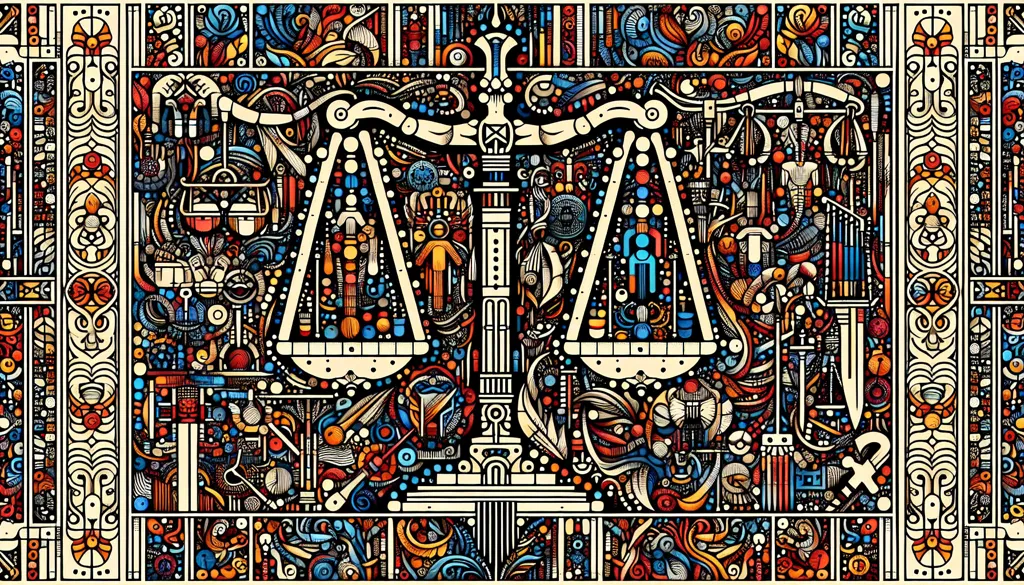The Death Penalty Dilemma in America: A Personal Perspective
The issue of the death penalty in the United States remains one of the most divisive and complex topics within our justice system. As someone who grew up in the Midwest and now raises a family in Kansas, I often find myself reflecting on the moral, legal, and practical implications of capital punishment. The recent pause in executions under the Biden administration juxtaposed with the previous surge during Trump's presidency highlights the ongoing debate surrounding this contentious issue.
The Shifting Landscape of Capital Punishment
Historically, the death penalty has been a fixture of American justice, tracing its roots back to colonial times. However, its application has evolved significantly over the years. In the 1980s and 1990s, death row populations surged as violent crime rates spiked, but since the turn of the century, the use of capital punishment has steadily declined. This decline is attributed to various factors, including decreasing crime rates, improved legal representation, and growing awareness of wrongful convictions.
Currently, 27 states retain the death penalty, yet many of these jurisdictions have imposed moratoriums or face logistical challenges in carrying out executions. For instance, Pennsylvania, where John Lesko has languished on death row since 1982, has not executed anyone this century. This situation raises the question: What does a death sentence mean when it may never be carried out?
The Human Toll of Uncertain Execution
Living under a death sentence can be a prolonged and torturous experience for inmates and victims' families alike. Inmates like Lesko, who was convicted of a series of murders, often spend decades in a state of limbo, unsure of when, or if, their execution will occur. This waiting period can exacerbate the psychological burden on both the condemned and the families of victims, who may feel denied a sense of closure.
From a personal perspective, I can understand the pain and frustration that the victims' families must endure. The story of Leonard Miller, a young police officer killed by Lesko and his accomplice, is particularly poignant. His friends and family have been left to grapple with the lack of resolution in his case for over four decades. As a mother, I can empathize with their desire for justice, even as I question whether execution is the only path to achieve it.
Biden's Stance and the Push for Commutation
President Joe Biden, a Catholic who has publicly opposed the death penalty, faces mounting pressure to commute the sentences of federal death row inmates. Advocates argue that doing so would align with his campaign promise to abolish capital punishment and prevent a potential resurgence of executions under a future administration. Critics, however, warn that such a move could be seen as undermining the judicial process and failing to hold perpetrators accountable for heinous crimes.
The calls for commutation are supported by a diverse coalition, including religious leaders, civil rights advocates, and former prison officials. They cite concerns about racial bias, the arbitrary nature of death penalty sentencing, and the moral implications of state-sanctioned executions. As someone who values fairness and equality, I find these arguments compelling, particularly the emphasis on the dignity and worth of every human life, regardless of past actions.
The Economic and Moral Costs
Beyond the emotional and legal debates, the death penalty also carries significant economic costs. Studies have shown that pursuing death sentences is substantially more expensive than life imprisonment without parole. This is due to the lengthy and complex legal processes involved, as well as the increased security and housing requirements for death row inmates.
From a practical standpoint, it seems increasingly difficult to justify such expenditure, especially when the effectiveness of the death penalty as a deterrent to crime is highly contested. As a taxpayer and a parent, I believe that our resources could be better allocated towards prevention and rehabilitation, addressing the root causes of violence rather than perpetuating a costly and often inefficient system.
The Path Forward: Seeking Closure and Justice
The future of the death penalty in America remains uncertain, with strong arguments on both sides of the debate. While some states continue to uphold capital punishment, others have moved towards abolition or indefinite suspension. This patchwork approach reflects the diverse values and beliefs held by Americans across the country.
Personally, I find myself torn between the desire for justice for victims and the belief in the potential for redemption and rehabilitation. As a society, we must grapple with these complex moral questions and strive for a justice system that is both fair and humane. Whether Biden will take decisive action on federal death row sentences remains to be seen, but the conversation around capital punishment is far from over.
Conclusion
In conclusion, the death penalty remains one of the most challenging issues facing the American justice system today. From the moral and ethical considerations to the economic and practical implications, there are no easy answers. As a mother and a citizen, I hope for a future where justice is served not through retribution, but through compassion, understanding, and a commitment to preventing future violence. The path forward requires thoughtful dialogue and a willingness to confront the complexities of human nature and justice.

